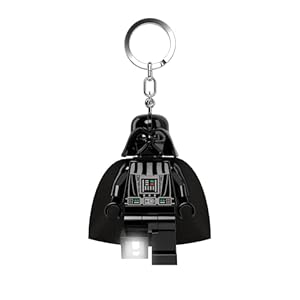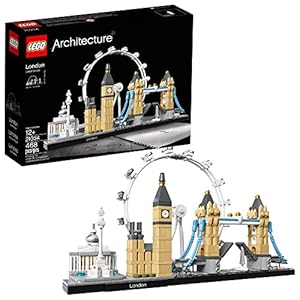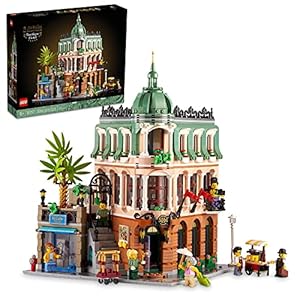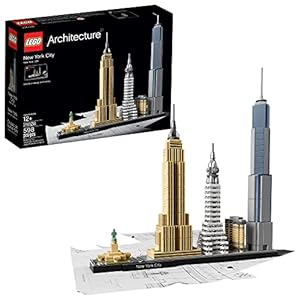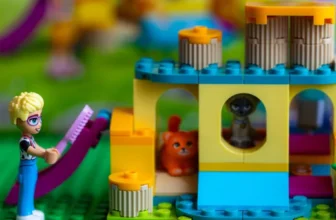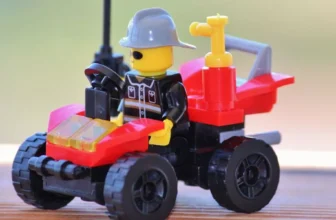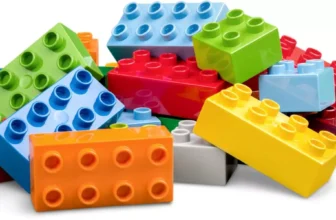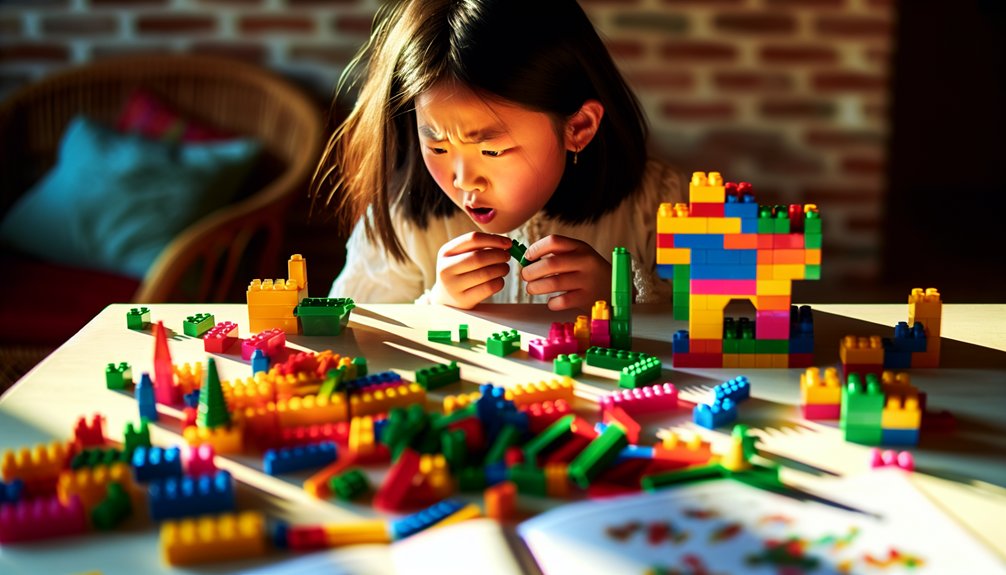
When you think about how children play, Lego sets often come to mind as a staple in imaginative play. These colorful bricks do more than just entertain; they actively engage kids' minds, enhancing their creativity and focus. As they build, they encounter challenges that spark problem-solving skills and boost concentration. But what specific aspects of Lego play contribute to these cognitive benefits? Let's explore the deeper connections between Lego building and child development.
The Connection Between Play and Cognitive Development
Although play might seem like just a fun activity, it plays a crucial role in cognitive development for children. When kids engage in play, they're not just having a good time; they're exploring their environment and learning essential skills.
Through imaginative play, they practice problem-solving, enhance their memory, and develop critical thinking abilities. As you watch them create with Lego sets, notice how they experiment with different structures, discovering cause and effect in real-time. This hands-on experience helps them understand spatial relationships and boosts their creativity.
Enhancing Problem-Solving Skills Through Building
When kids dive into building with Lego sets, they're not just stacking bricks; they're honing their problem-solving skills. Each time they face a challenge, like figuring out how to make a structure stable or how to fit pieces together, they engage their critical thinking.
As they experiment with different designs, they learn to assess what works and what doesn't. This trial-and-error process fosters resilience, teaching them that failure is just a stepping stone to success.
Additionally, as they collaborate with friends or family, they enhance their communication skills, discussing strategies and sharing ideas.
Ultimately, these experiences empower kids to think critically and creatively, equipping them with essential problem-solving skills they'll use throughout their lives.
Fine Motor Skills and Concentration: The Lego Advantage
Building with Lego sets offers more than just a way to solve problems; it also significantly enhances fine motor skills and concentration in children. When you engage your child in building, they're not just stacking bricks; they're developing dexterity and hand-eye coordination.
As they manipulate tiny pieces, they learn to control their movements, which is crucial for everyday tasks like writing or buttoning shirts.
Moreover, focusing on intricate designs requires sustained attention. Your child learns to concentrate on specific tasks, improving their ability to focus in other areas, like schoolwork.
Each time they snap a piece into place, they're not just creating; they're honing the skills that'll benefit them throughout their lives. Lego truly provides a unique advantage in skill development.
Fostering Imagination and Creativity in Young Minds
Lego sets ignite your child's imagination, allowing them to transform simple bricks into anything their mind envisions. As they build, they're not just following instructions; they're creating unique worlds and stories.
This hands-on experience encourages them to think outside the box, experiment with ideas, and solve problems creatively. Each structure they design fosters a sense of ownership and pride, boosting their confidence in their creative abilities.
You'll notice they might invent fantastical scenarios or reimagine familiar ones, enhancing their storytelling skills. By manipulating the bricks, your child learns to visualize concepts and bring them to life, nurturing a lifelong love for creativity.
Ultimately, Lego play becomes a powerful tool for fostering imagination in young minds.
Conclusion
In conclusion, Lego sets aren't just toys; they're powerful tools for your child's cognitive development. By encouraging imaginative play and hands-on creativity, they help improve problem-solving skills and fine motor abilities. As your child builds and creates, they're also enhancing their focus and concentration. So, next time you see them immersed in a Lego project, remember that they're not just playing— they're learning and growing in exciting ways that will benefit them for years to come.
Trending Products





